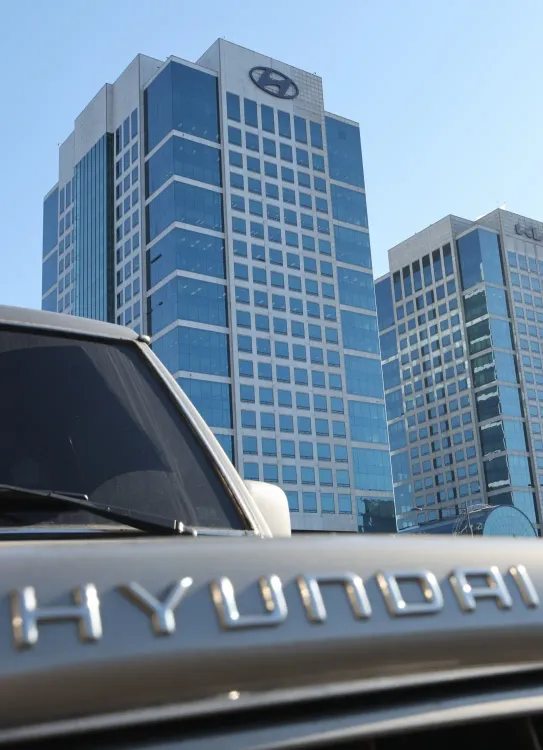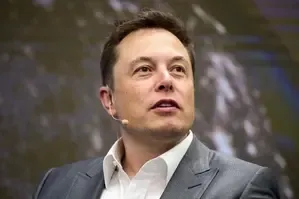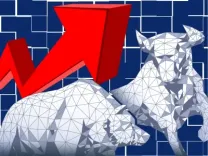Could Hyundai and Kia Revolutionize Carbon Emission Reduction with Parts Suppliers?

Synopsis
Key Takeaways
- Collaboration: A crucial strategy involving government, major corporations, and SMEs.
- Emission Reduction: Focus on upgrading facilities to lower carbon outputs.
- Global Competitiveness: Aims to enhance South Korea’s standing in international markets.
- Long-term Goals: Supports the 2035 NDC target for significant emissions cuts.
- Pilot Programs: Testing initiatives with major consortiums to expand efforts across sectors.
Seoul, Nov 17 (NationPress) Hyundai Motor and Kia are set to collaborate with the government and 87 auto parts manufacturers in a unified initiative aimed at minimizing carbon emissions across the entire automotive industry, as announced by the industry ministry on Monday.
As part of this alliance, the two leading automakers will initially assist in upgrading the emission reduction systems of first-tier auto parts suppliers in conjunction with the government, according to the Ministry of Trade, Industry and Resources, as reported by Yonhap news agency.
Subsequently, these first-tier suppliers will extend the support they receive to second-tier suppliers, intending to establish a ripple effect of emission reduction throughout the automotive supply chain, as explained by the ministry.
The ministry highlighted that this collaborative project is designed to bolster the emission reduction capabilities of South Korea's automotive sector amidst tightening emission-related regulations in major markets, such as the European Union's vehicle carbon footprint regulations.
“Achieving carbon reduction in supply chains is not feasible for any one company alone,” stated Park Dong-il, an official from the ministry responsible for industrial policy. “It necessitates collaboration among the government, larger corporations, and SMEs.”
“We anticipate that this carbon reduction agreement within the supply chain will not only assist the nation in achieving its 2035 Nationally Determined Contribution (NDC) target but also expedite the green transition of our industries and enhance their competitiveness in the global supply chain,” he added.
Recently, South Korea established its NDC target for greenhouse gas emissions reduction by 53-61% from 2018 levels by 2035.
The ministry intends to initiate pilot programs for the emission reduction partnership this year, collaborating with four distinct industrial consortiums led by LG Electronics Inc., POSCO Group, LX Hausys Ltd., and LG Chem Ltd., aiming to broaden such partnership programs to various sectors by 2026.









